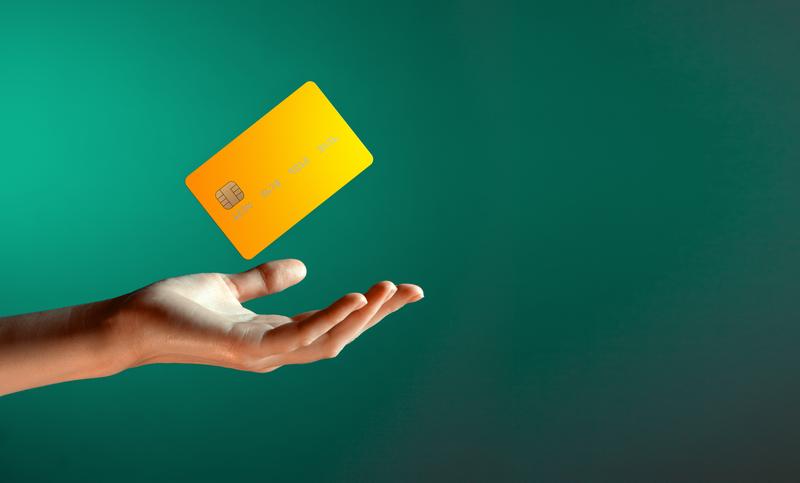When college students arrive on their respective college campuses, they will find that they're inundated with credit card offers. These offers in and of themselves are not bad; however, students may quickly find how easy it is to fall into credit card debt.
From late night takeout runs to paying for spring break, students may lean heavily on this resource to fund their student life. They may also be used to pay for tuition or textbooks.
More often than not, you may feel like you have to keep up with your roommate or best friend in terms of how much money you need to spend. It's important for college students to keep in mind that not every student comes from the same background or financial circumstances. You in no way need to keep up appearances for the sake of "friendship." Instead, live within your student budget means.
Credit cards should be used for emergencies only – and no, that last-minute fall break trip to Jamaica should not count as an emergency. If you have fallen into debt, you may be wondering how to pay off credit card debt. Fortunately, paying off credit card debt is achievable, even on a student budget.
When students are putting rather large purchases on credit cards, like tuition payments, it can be very easy to fall into an overwhelming amount of credit card debt. This can impact your credit score significantly, which will then impact your post-collegiate life. It will be difficult to take out auto loans or get approval to rent an apartment.
For that reason, students need to make a plan for paying off credit card debt and keeping their credit card balances to a minimum.
Students may see the impacts of the credit card spending sooner than graduation. It can actually affect how much financial aid they qualify for once they begin spending on credit cards.
Private student loan companies will look at credit card debt throughout the application process. If you need a private loan to bridge the gap between what your college costs and what you received in your financial aid package, a private student loan will be your next option.
Large amounts of credit card debt will affect interest rates, which means the student will be paying on their student loan debt longer after graduation. It may also affect a student's ability to pay given what little money they do have. If they are using their earnings or savings to pay off credit card debt, there will be less money of their own to pay for college.
Average Credit Card Debt
According to collegefinance.com, roughly 64% of college students have credit card debt. The average credit card debt amount that they carry equals $3,280! Many students apply for and receive a credit card with no actual plan for paying the bills. With that, there are missed payments, which puts additional money on the credit card. Students also make the mistake of making only the minimum monthly payments, which will do nothing to move the needle on the balance of the credit card.How Credit Card Debt Can Impact Financial Aid
How to Pay Off Credit Card Debt
There are a variety of strategies that you can employ to pay off credit card debt:- Strategize your repayment plan. The best way to pay off credit card debt is to build a strategy and stick to it. There are multiple methods for effectively tackling debt. Some include starting with the card that has the highest interest rate and/or balance, while others encourage borrowers to go for the lowest balance first. Paying it off will give you more of a sense of accomplishment – and motivation. Get more strategies at Better Money Habits by Bank of America.
- Get a part time job. If you need more money to manage your credit card bills, consider getting a part time job. There has never been a better time to apply for part time work in our country. Companies are desperate for new employees, and they're offering amazing benefits like full tuition assistance! Plenty of employers will work with your student schedule to help you best manage your time.
- Create a student budget. Change the way you spend your money by prioritizing paying off credit cards. Just say no to shopping trips, dinners out, and school break trips. It can feel like a drag, but plenty of college campuses offer free entertainment, events, and activities. Take advantage of those – and invite your friends.
- Contact your credit card company. Contrary to popular belief, these companies are not out to get you and your money. They may be able to help you manage payments by allowing you to consolidate your credit card debt, if you have multiple credit cards. They may also be able to work out a more realistic repayment plan for you on a student budget.
- Seek credit card debt relief. This should be your final option if you've exhausted all other means. If you will be able to pay off your debt within five years on your own, by all means, go your own way. However, if you have no way of paying off the debt or your debt is more than half of your adjusted gross income, you may need to seek our credit card debt relief options. This includes bankruptcy, debt management plans, and debt settlement. Get more details on each of these options (as well as the consequences) at NerdWallet.

